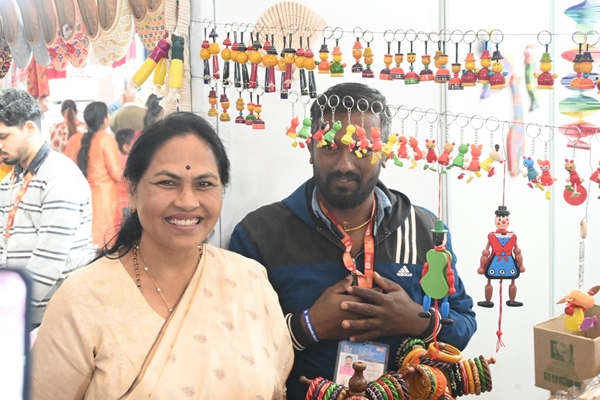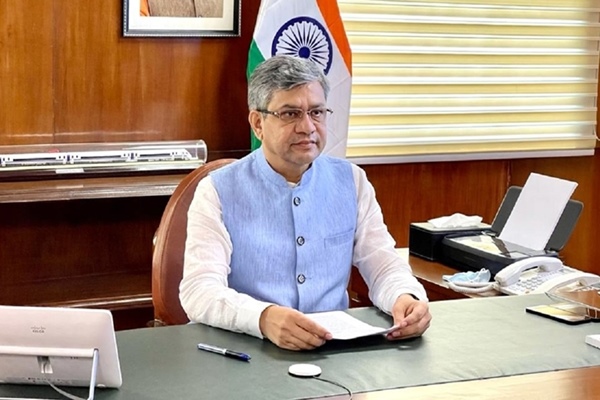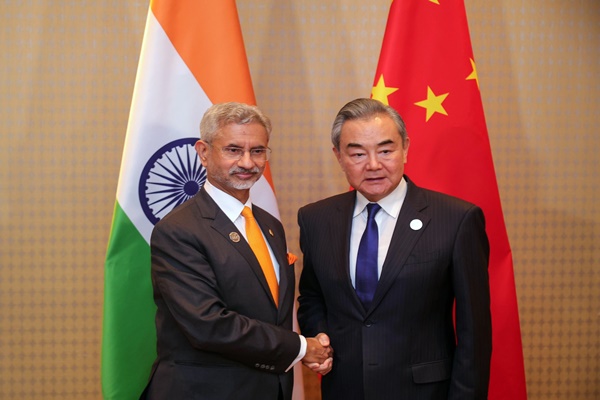
AGENCIES / MUMBAI
The Bombay High Court on Monday ruled that the arrest of former ICICI Bank Managing Director and Chief Executive Officer (CEO) Chanda Kochhar and her husband Deepak Kochhar by the Central Bureau of Investigation (CBI) in a loan fraud case was “without application of mind and due regard to the law”, amounting to an “abuse of power”.
The two were arrested on December 23, 2022, in connection with alleged irregularities in loans provided by the bank to the Venugopal Dhoot-led Videocon Group. They had challenged the arrests claiming that it was in violation of the law and were granted interim bail by the Bombay High Court on January 9, 2023, which was confirmed on February 6, 2024.
A division bench of Justices Anuja Prabhudessai and N R Borkar had on February 6 held the Kochhars’ arrest as illegal and confirmed a January 2023 interim order passed by another bench granting them bail.
In the order made available on Monday, the court said the CBI has been unable to demonstrate the existence of circumstances or supportive material based on which the decision to arrest was taken.
The absence of such circumstances renders the arrest illegal, it said.
“The absence of such circumstances renders the arrest illegal,” it said.
“Such routine arrest without application of mind and due regard to the law amounts to an abuse of power and does not satisfy the requirement of section 41A (3) CrPC,” the court said.
Under provisions of Section 41A of CrPC, an investigating officer can issue a notice for appearance to a suspect in a case. Various judgments of the Supreme Court have ruled that if the person has appeared before the court and complied with the notice, the person shall not be arrested unless there are reasons recorded as to why the arrest is necessary. The provision is to avoid routine arrests when a person can be investigated without taking them into custody.
The court also refused to accept the probe agency’s contention that the arrest was made as the Kochhars were not cooperating with the probe and said the accused had a right to remain silent during interrogation.




